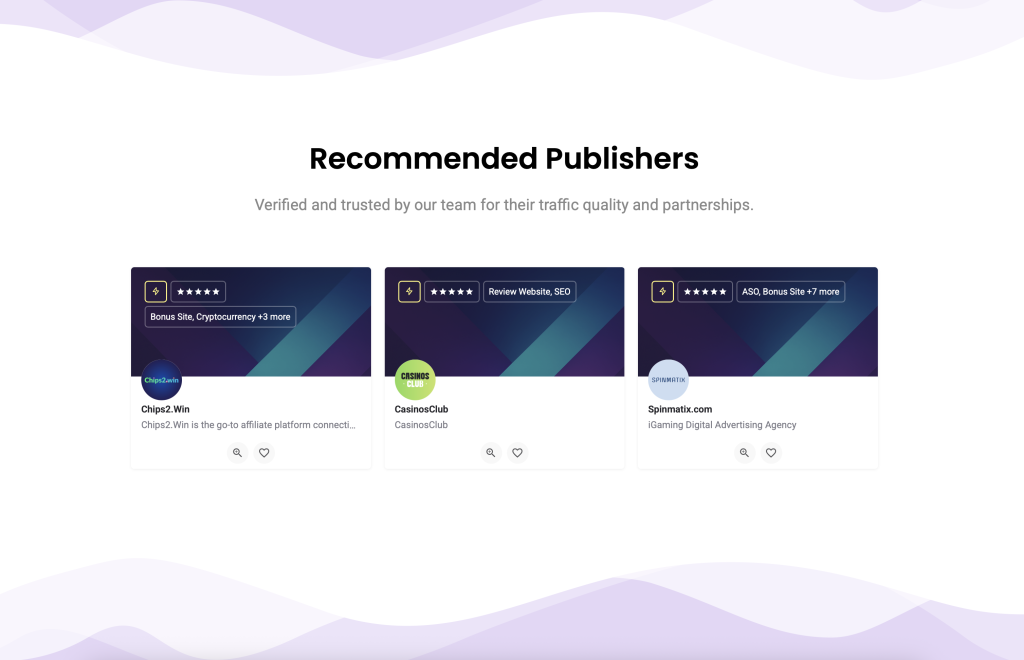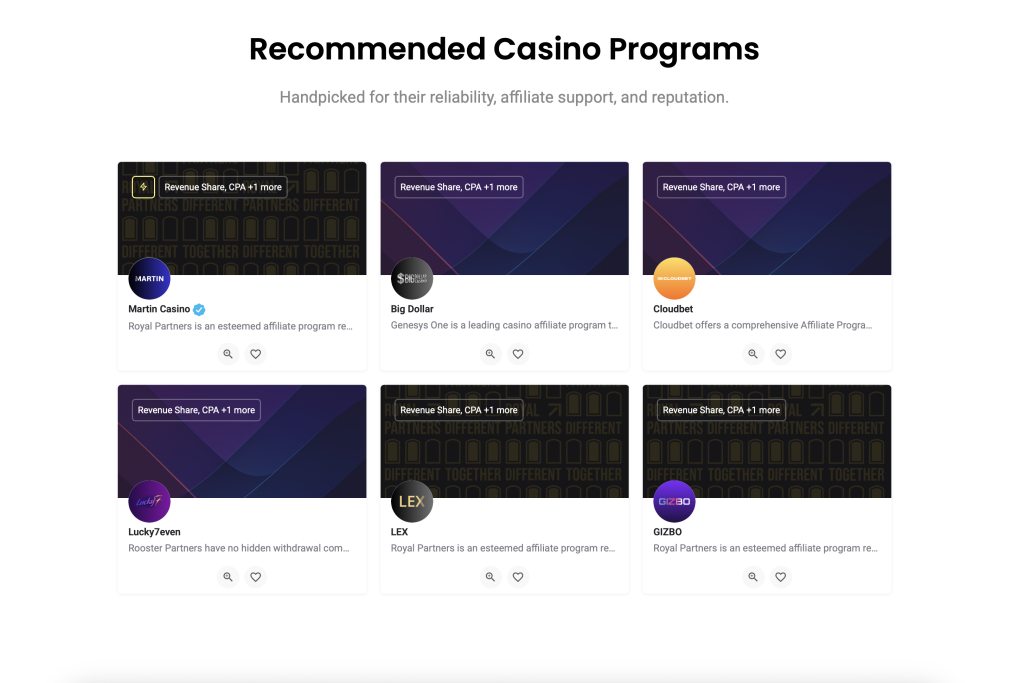Mastering Keyword Research: A Comprehensive Guide for Affiliate Marketers

Keyword research is a crucial aspect of any successful affiliate marketing strategy. Understanding how to effectively research and target keywords can help affiliate marketers drive more targeted traffic to their websites and increase their chances of success. In this comprehensive guide, we will delve into the importance of keyword research for affiliate marketing and provide expert tips and strategies to help you master this essential skill.
Why Keyword Research Matters for Affiliate Marketers:
Keyword research is the process of identifying the terms and phrases that people search for on search engines. By targeting relevant keywords in your content, you can attract organic traffic from search engines and increase your website’s visibility. For affiliate marketers, this means identifying high-converting keywords that are related to the products or services you are promoting. Effective keyword research can help you understand your target audience better, optimize your content for search engines, and ultimately drive more sales and commissions.
How to Conduct Keyword Research for Affiliate Marketing:
- Start with Seed Keywords: Begin your keyword research by brainstorming a list of seed keywords that are relevant to your niche or industry. These can be broad terms that describe your products or services.
- Use Keyword Research Tools: Utilize keyword research tools such as Google Keyword Planner, SEMrush, or Ahrefs to uncover related keywords, search volumes, and competition levels. These tools can provide valuable insights into popular search terms and help you discover new keyword opportunities.
- Analyze Competitor Keywords: Research your competitors’ websites and identify the keywords they are targeting. This can give you an idea of which keywords are driving traffic to their sites and help you identify gaps in your own keyword strategy.
- Consider Long-Tail Keywords: Long-tail keywords are longer and more specific search terms that typically have lower competition levels. Targeting long-tail keywords can help you attract highly targeted traffic and improve your chances of ranking on search engines.
- Evaluate Keyword Difficulty: Assess the difficulty of ranking for your chosen keywords by looking at metrics such as search volume, competition, and keyword difficulty scores. Focus on targeting keywords with a balance of search volume and competition that align with your website’s authority and traffic goals.
Best Practices for Keyword Optimization:
- Include Keywords Naturally: Incorporate your target keywords organically within your content, headings, meta tags, and URLs. Avoid overusing keywords, as this can result in keyword stuffing penalties from search engines.
- Create High-Quality Content: Produce valuable and engaging content that is relevant to your target keywords and provides solutions to your audience’s needs. High-quality content is more likely to attract backlinks and rank higher in search engine results.
- Optimize for User Intent: Understand the intent behind the keywords you are targeting and create content that aligns with what users are searching for. Address user queries, provide useful information, and offer a clear call-to-action to maximize user engagement.
- Monitor and Adjust: Regularly monitor your keyword rankings and traffic metrics to evaluate the performance of your keyword strategy. Adjust your keyword targeting based on performance data and search engine trends to stay competitive in the ever-changing SEO landscape.
Keyword research is a fundamental aspect of affiliate marketing that can significantly impact your website’s visibility and success. By mastering the art of keyword research and optimization, you can improve your search engine rankings, attract more targeted traffic, and ultimately increase your affiliate sales and commissions. Implement the strategies outlined in this guide to enhance your keyword research efforts and propel your affiliate marketing endeavors to new heights.
Comments
You must be logged in to leave a review.


